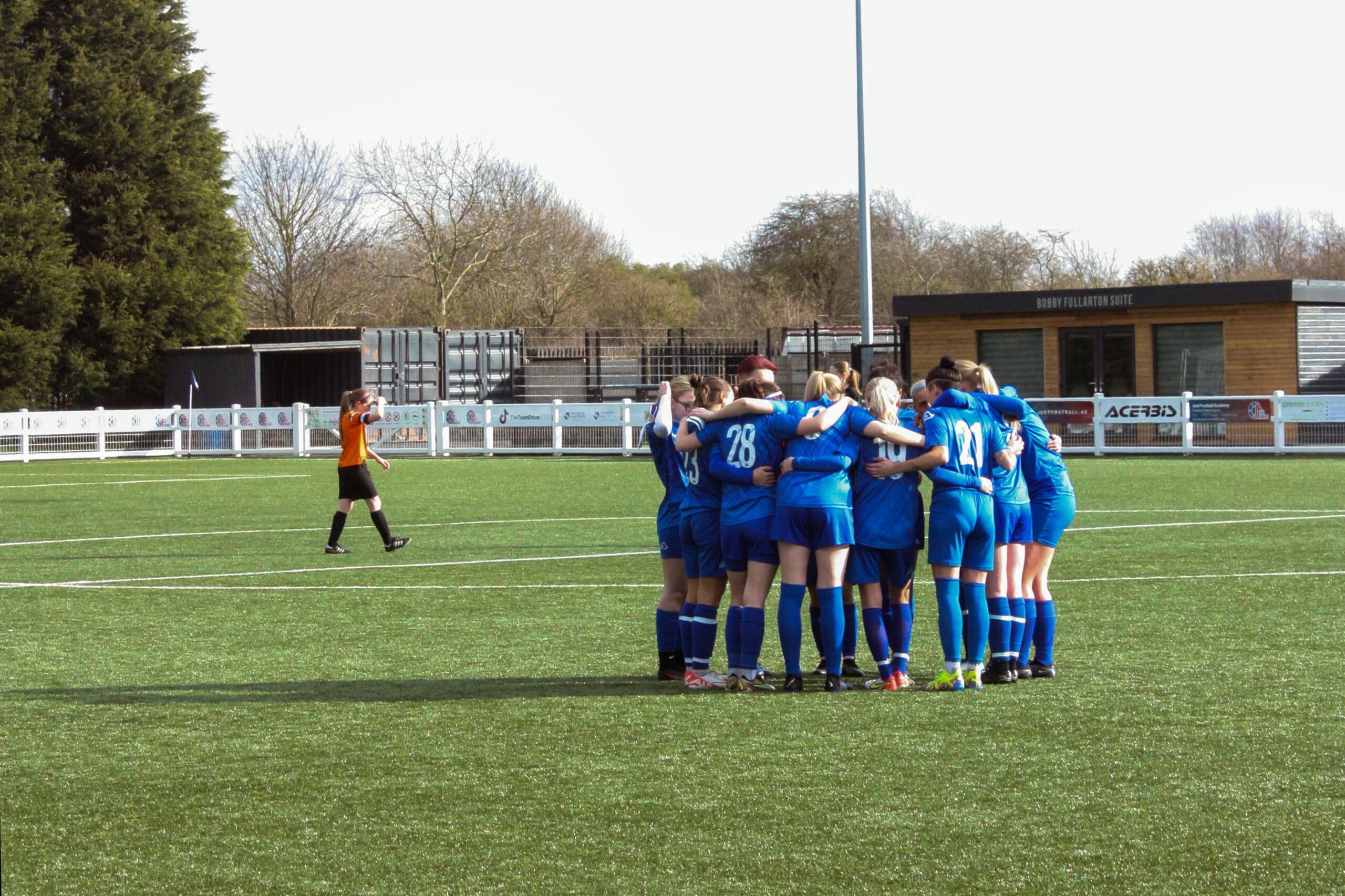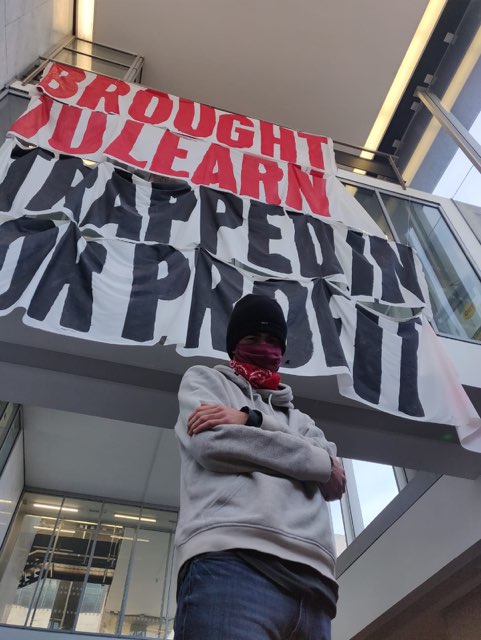Women are the subject of sexism at every level of football, from the kits they are forced to play in, to the misogynistic abuse they receive.
Kick It Out received 400% more complaints of sexism and misogyny in the so-called Beautiful Game during their 2022/23 campaign compared to the season before.
Sheffield Wire have investigated why sexism is still on the rise.
Why are some women still forced to play in men’s kit and uncomfortable boots?
This week, Project ACL has been launched to research why the injuries are so common within women’s football and address why some female players have to pay for their own surgery.
Hemsworth Miners Welfare Ladies explains the concerns around personal safety and having pitch time cut in favour of male counterparts. This is just at grassroots level, and barely scratches the surface.
The stark increase in sexist abuse coincides with the comments made by controversial ex-footballer Joey Barton.
Kathryn Batte, a football reporter, said: “When high-profile people are coming out with certain opinions, it gives credence to people that hold them that either haven’t been saying them or had just been ignored before.”
“It makes you feel so disgusted. It just makes your skin crawl,” says Abigail Rudkin, football artist and Liverpool fan.
More attention is being given to women’s football in England than ever before, but there is still an extremely long way to go to dismantle these deep-rooted issues.
Sidelined by Sexism is hoping to bring women’s voices to the forefront of this conversation.




